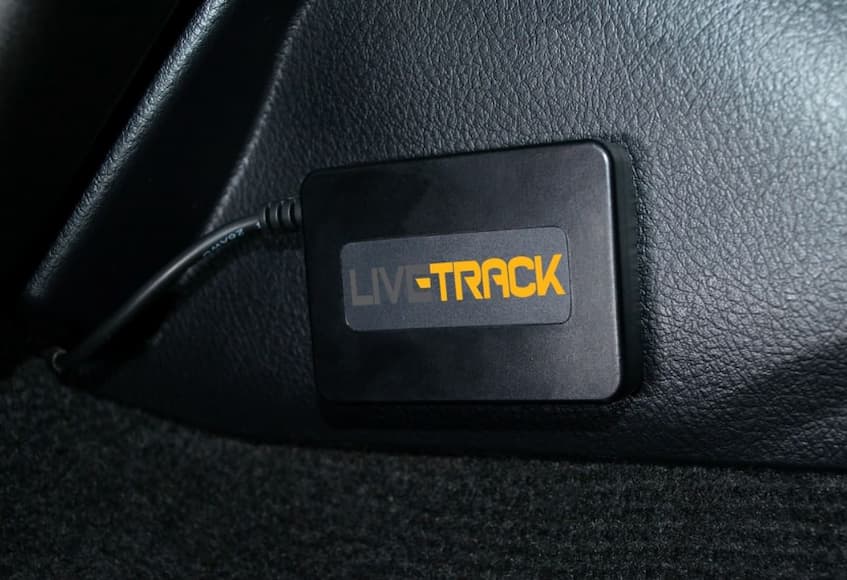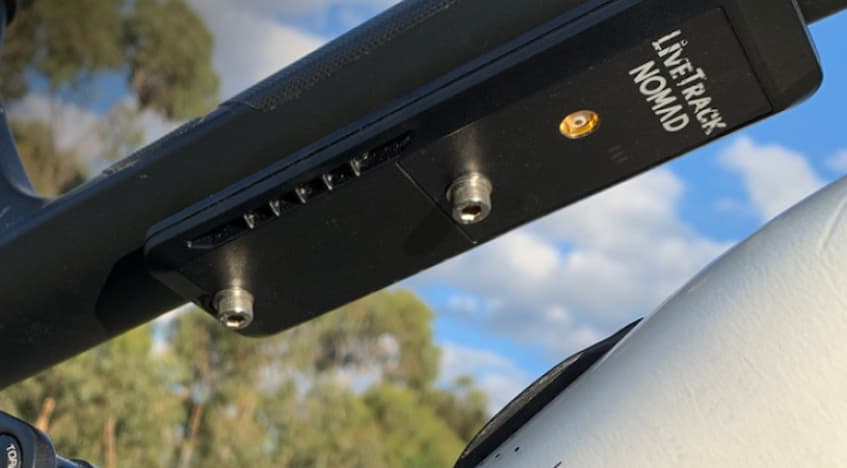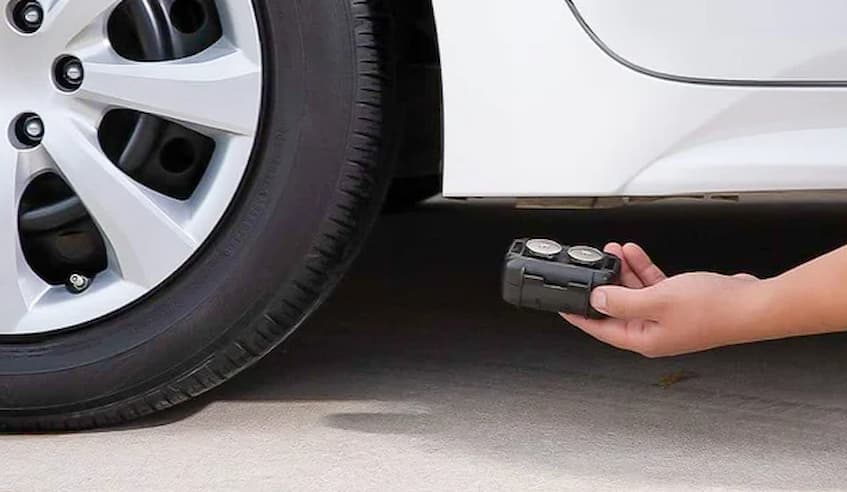
Track It Like a Pro: A Guide to GPS Car Trackers
The Global Positioning System, or GPS as we all know it, is a network of satellites that tells you your location, anywhere on the globe. It works by having said satellites orbit the Earth and send out signals, which are picked up by receivers in your car, phone, or watch.
Read more: Track It Like a Pro: A Guide to GPS Car TrackersThe receiver calculates how far it is from each satellite, then uses that data to work out its location. That’s how you find your way home, your favourite coffee shop, or even your lost keys. In the same way, you need a torch to illuminate your way home on the trail, trackers for cars shed light on the exact whereabouts of your vehicle. These devices have made a big difference for car owners when it comes to both security and peace of mind.
Contents
Types of Car Trackers

OBD-II
An OBD-II tracker is a plug-and-play solution that is both easy to install and set up. This sort of car tracking device plugs straight into the OBD-II port you’ll find under the dashboard. Most OBD-II trackers for cars don’t just show you where your vehicle is in real-time; they also record log fuel usage, engine performance, and even how the car has been driven. Because it’s powered by the vehicle itself, you never need to charge it. An OBD-II tracker is the go-to option if you want a fuss-free tracker that works well within its capabilities.
Battery
Battery-operated trackers are the more capable version of OBD-II trackers, with one addition: they come with their own power supply. You don’t need to wire anything in or mess with the car’s computer. This type of tracking device can be moved between cars, stay hidden in trailers, or be used to keep an eye on your fleet of vehicles.
A good battery tracker lasts weeks or sometimes even months between charges, depending on how large the battery capacity is and how much it gets used. This type of tracker is simple, reliable, and when you need to move it, you just unclip it and set it up where you want it with ease.
Hardwired
Some people prefer to fully wire a tracker right into the car’s electrical system. Hardwired car trackers are installed behind the dash, meaning they’re out of sight and hard to tamper with. This installation process is usually done by a professional, as knowing which wire goes where is crucial.
Once the tracker is installed, you often forget it’s there, which makes hardwired units quite fitting for businesses or anyone who wants their tracker to stay concealed. Many hardwired models also have features such as ignition detection and geofencing – more on that later.
What Matters in a Car Tracker

Driving Behaviour
Modern vehicle trackers aren’t just about telling you where your car is. Many models can detect stuff like rapid acceleration, harsh braking or high speed driving. If you’re a family, you might want to consider a tracker to keep an eye on your teen, or if you run a fleet, this info can help keep costs down and improve route efficiency. A car tracking device that logs driving behaviour is a more practical and cost-effective purchase.
Real-Time Tracking
Being able to see your car’s position in the moment, not just a few minutes ago, makes a big difference. Nearly all new trackers are able to show you where your car is on a map in seconds. That means you always know if your vehicle is where it should be, with no delays.
Geofencing
Geofencing is what lets you set up boundaries, so if your car leaves a certain area, you get a notification on your device of choice straight away. Parents may want this for new drivers, and businesses can keep track of their vehicles more easily.
Alerts
Getting alerts sent to your phone saves time, which is why you should look for a car tracking device that can notify you about things like speeding, movement, when the engine gets turned on or off and when your car has a bad battery. There’s no need to keep checking a map or the app, as the auto tracker will let you know when something’s up as soon as it happens.
Compatibility
Not all tracking devices work with every make or model. Some OBD-II devices aren’t compatible with older vehicles, and some hardwired trackers aren’t able to work with all car models. Always check that your tracker works with both your car and your smartphone. This saves frustration later.
User Interface
Look for a simple-to-use interface, be it on an app or website, which is quite important even if it’s not part of the tracker. A messy or slow interface makes life harder than it needs to be, especially when you have a fleet of vehicles to go over.
Software
A good auto tracker keeps you updated with new features or security tweaks. Go with brands that keep their apps and device software up to date, so your info is safe.
Installation
If you’re keen to do it yourself, OBD-II and battery-powered units are your best bet, as hardwired trackers usually need someone with the right tools and expertise.


Sorry, the comment form is closed at this time.